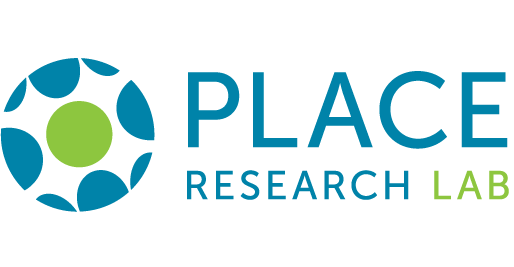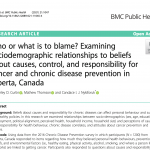
Note: In our definition, businesses and government institutions (municipal, provincial, and federal) are not considered part of the ‘general public’. For that reason, we added an additional rung to the ladder labelled ‘Reorient Government Action’ that directly implicate the way government takes action (i.e., through changes in the policy development process, judicial opportunities / legal capacity, or reorienting revenue), as distinct from policies that directly impact individual autonomy. ‘Reorient government action’ policies are in a category of their own, hence the different colour/shape in the codebook, and are not considered to always be the ‘most intrusive’).
This framework is a useful tool for understanding options for healthy public policy development: the higher an intervention is on the ladder, the less likely it will be considered publicly acceptable, and the stronger the justification will be needed for implementation.
PLACE Research Lab Intervention Ladder Policy Analysis Framework
There is currently limited (and sometimes conflicting) research evidence on how to interpret each rung of the ladder and at which rung certain interventions fit best. Below is our adaptation of the framework to include more detailed definitions of each rung, including examples of public health policy initiatives related to four important chronic disease risk factors: alcohol use, unhealthy eating, physical inactivity, and tobacco use.
View the PLACE Research Lab Intervention Ladder Policy Analysis Framework.
Suggested Citation: PLACE Research Lab Project Team. (2017). PLACE Research Lab Intervention Ladder Policy Analysis Framework. Edmonton, AB: School of Public Health, University of Alberta.
1Nuffield Council on Bioethics. Public health: ethical issues. Nuffield Council on Bioethics. 2007



